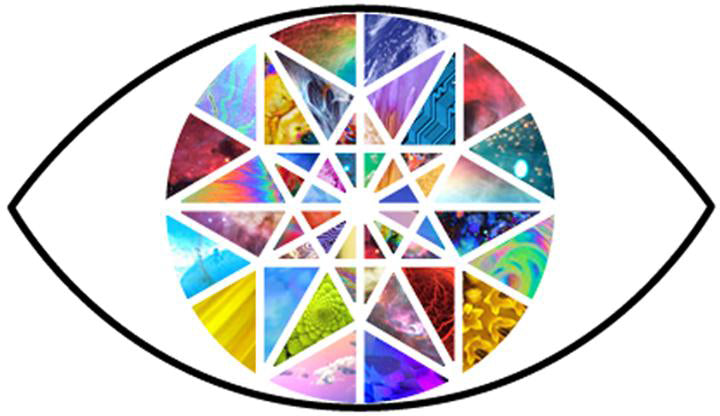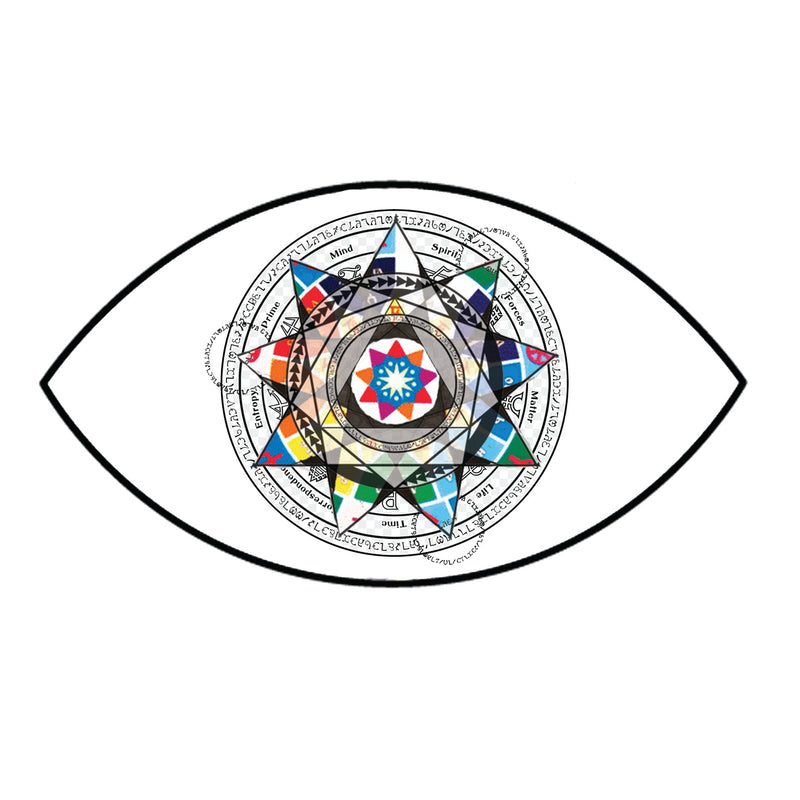Dear Future by Nikhil Dhawan

Dear Future,
Utopia was never a real possibility, but look how far we've come. Look around and soak it in. Compassion, empathy, and joy are finally the norm. Every species is seemingly living in harmony with one another, and humans are happier than ever.
As you read this letter, take a moment to reflect on how we, collectively, changed the course of recent history, from all-time high levels of depression, anxiety, and suicide to the cohesive society we find ourselves in today. You'll realize very quickly that money wasn't the problem; it was how that money was being used.
One of the first things that changed was the structure of incentives. For example, in the medical industry: instead of insurance companies paying hospitals for the number of times a patient visits, they switched to giving hospitals money to ensure patients focus on prevention.
You see, healthcare professionals used to be community healers. Eventually, scientific advances made it possible to push the edges of immortality, regardless of life quality. But then we let ourselves get complacent; we realized that healthcare is available on the backend, so we stopped taking care of ourselves on the front end. Instead of staying healthy or preventing future illness, we let go and shifted our focus to power and status. We didn't realize that healthcare professionals can't fix everything; they're also mortal humans.
The day finally came when the healthcare industry burnt out and told the general population to take their own health more seriously. The conversation shifted; doctors not only told patients what to do, but they also blew the whistle on the food industries, educators, and the government. They communicated the gravity of the situation. At the rate we were going, nearly the entire population would need healthcare in their olden years. There would be a lot of pain, suffering, and discomfort. The will to live would decline, and people would live a low-quality life.
The patients took this very seriously for two reasons: one, they were suffering, and two, because of what happened in 2020. The general population realized they're on their own if the world melts down, so it was time to take matters into their own hands. Since the focus of the consumer shifted, the industries followed. You see, the companies could only sell us what we were willing to buy. Healthcare bluntly told us what we need to consume, and the food industries listened. Processed foods became a thing of the past; well-being changed almost overnight. The incentives began to favor real food, so the population became healthier.
Even fresh food changed their standards. Instead of paying more money to get "Organic Certified" and then passing that cost on to the consumer, the system flipped the script. It charged non-organic farmers extra money for adding pesticides and other chemicals. The cost of organic and farm-fresh foods went down, resulting in better nourishment for most of the population.
You see, for a human to survive, it needs a healthy brain, heart, liver, kidneys, lungs, and the list goes on. Those organs began to thrive, and the human population began to operate like well-oiled machines. Physical beings became more energetic while remaining calm and smooth. It was the first sign of harmony.
Another significant change came from the education system. Educators always took their roles seriously but felt helpless in the system that had been created for them. After the incident of 2020, educators took heed of the warning from the healthcare system and took control of the situation. They asked themselves a question: "What is one thing that everyone does, but not enough people do correctly?"
The answer was breathing. Babies, kids, and children first had to learn how to live in their physical being; by taking deep breaths and letting the air circulate throughout the body. Studying the movement of that air. Letting the mind wander, watching as it goes, and exploring why it went there. Then releasing that thought and everything attached to it, returning to the breath and the air circulating through the body. Inhaling into the tension of the muscles and releasing everything to gravity while exhaling.
In hindsight, it's funny that we thought we lived in an advanced society because we had tall buildings, cool cars, and could see "the world" in the palm of our hands. But most people didn't even know how to inhale or exhale correctly. I think we're lucky that the 2020 thing happened; at least we learned from our previous mistakes.
Speaking of learning, the governments also realized where they had gone wrong. It was tricky to explain at the time because everyone was so divided. Unlike now, back then, the government didn't work together to solve problems. They were playing a game against one another, kind of like a sport. They were on two different teams and went to battle every day. Off the court, they were friends and would wine and dine together. But on the court, they would go against each other; at the cost of civilians.
As people began to eat real food and took time for focused breathing, their organs started functioning better; resulting in mental fog clearing. As the mind started to optimize, governments realized coming together would solve more problems than staying divided. The narrative shifted, and systems began working together to create a better world for everyone.
Dear Past, the future isn't perfect, nor is it trying to be. But the future is better, and that's because you rallied up enough excitement to make it happen. We've made it this far because the people in the '20s took the initiative. They asked questions and came together to solve the world's biggest problems. Their curiosity sparked new answers, and they shared these findings with fellow seekers.
Thank you for finding ways to proactively make the world a better place.
---------------
AND thank YOU for taking the time to read a letter from the Future.
Best,
Nikhil Dhawan

